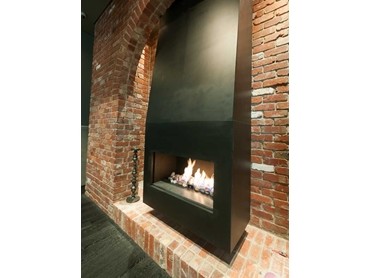Frequency converters play an essential role in the maritime industry by enabling optimal performance of electrical equipment while at sea. They are vital in facilitating the efficient operation and maintenance of vessels' electrical systems. Thus, the acquisition of appropriate frequency converters is crucial for ensuring safe and reliable navigation.

In today's modern world, where environmental concerns are paramount, ships' design and operation have necessitated the use of electrical power for propulsion and auxiliary systems. Therefore, frequency converters have become an intrinsic component in the design and technology of marine vessels. Without these devices, powering marine electrical systems would be impossible, and the maritime industry would suffer significant setbacks.
Marine electrical systems require a steady supply of energy, which involves converting the voltage and frequency to suit the equipment's needs. This process is achieved by the use of frequency converters, which convert the electrical power from the ship's engine to the specific frequency and voltage required by various electrical equipment. This ensures that the vessel's electrical system operates safely and efficiently in supplying power to critical systems such as propulsion, lighting, communication, and navigation.
The maritime industry's stringent regulations regarding environmental protection have led to a modernization of ships and their electrical systems. Shipping companies are constantly looking for ways to reduce the environmental impact of their vessels, improve fuel efficiency, and reduce emissions. Frequency converters play a vital role in this endeavor by controlling the power output and consumption of various electrical systems. Thus, they help reduce energy wastage and optimize the vessel's performance, leading to a cleaner and more efficient operation.
The development and supply of high-quality frequency converters also contribute to improved vessels' safety. They ensure that critical systems such as propulsion and navigation function precisely as intended, reducing the risk of accidents, and ultimately, protecting human lives. Quality frequency converters can also perform in adverse conditions, such as rough seas, ensuring optimal vessel performance and reliability.
In conclusion, frequency converters are critical components in the maritime industry, enabling the efficient and safe operation of vessels' electrical systems. They ensure that the ship's critical systems operate efficiently while controlling the energy output, reducing fuel consumption and emissions, and protecting the environment. The use of high-quality frequency converters contributes to the safety of marine vessels and their crew. Thus, the acquisition of appropriate frequency converters, such as the Siemens frequency converter, is crucial for the optimal performance of vessels.